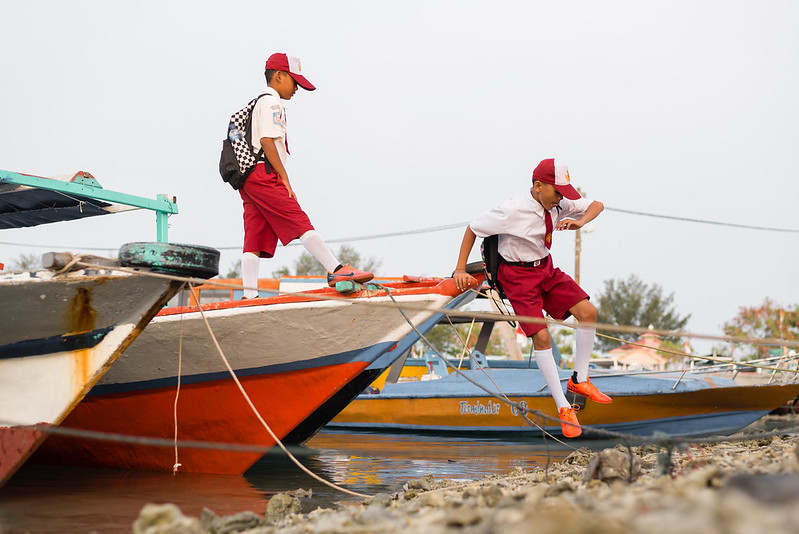The Role of Partnerships and Networks in Improving the Quality of Education

Philanthropy has a key role to play if Indonesia is to improve its PISA (Program for International Student Assessment) ranking, which shows that more than two thirds of Indonesian students score below the minimum level in reading and mathematics.
That’s according to Satrijo Tanudjojo, Global CEO of Tanoto Foundation who was speaking at the 2020 Asia Venture Philanthropy Network (AVPN) Virtual Conference in a session on Scaling Excellence in Education.
The 2018 PISA test results show Indonesian students are lagging behind their peers from other countries, and that the country has not made significant progress since participating in the first test in 2000.
Satrijo highlighted the results of a study from the Asia Philanthropy Circle in 2017, which highlighted four areas with the most potential to improve Indonesian education: teacher quality, school leadership, early childhood education and development, and vocational education.
Based on these findings, Tanoto Foundation has been focusing attention on the first three areas, beginning with clear measurement and a focus on impact, said Satrijo.
“All of our programs, SIGAP, PINTAR, and TELADAN, have clear impact objectives and sub-targets, where we routinely monitor to find out what works and what doesn’t,” he said.
Another factor is partnership. According to Satrijo, Tanoto Foundation, an independent family philanthropy organisation founded by Sukanto Tanoto and Tinah Bingei Tanoto in 1981, works closely with local and international partners – both government, development partners, academics and universities, as well as philanthropic networks – that can gather different strengths and expertise to ensure the successful implementation of the programs.
For example, Tanoto Foundation partnered with the Global School Leaders (GSL), the Djarum Foundation, and TAP Agri to establish the INSPIRASI Foundation, a training academy for school principals to increase their capacity and competence in managing schools and improving the quality of learning in the classroom.
This initiative was awarded the 2020 AVPN Constellation Laureate, which recognizes collaborative solutions in solving educational problems in Indonesia.
“Three recipes for increasing the impact of educational programs are complementary partnerships, impact that is always measured, and strengthening the use of technology,” concluded Satrijo Tanudjojo.
The PISA test is a three-yearly global assessment to test the academic performance of 15-year-old schoolchildren in mathematics, science, and reading.

Leave a Reply